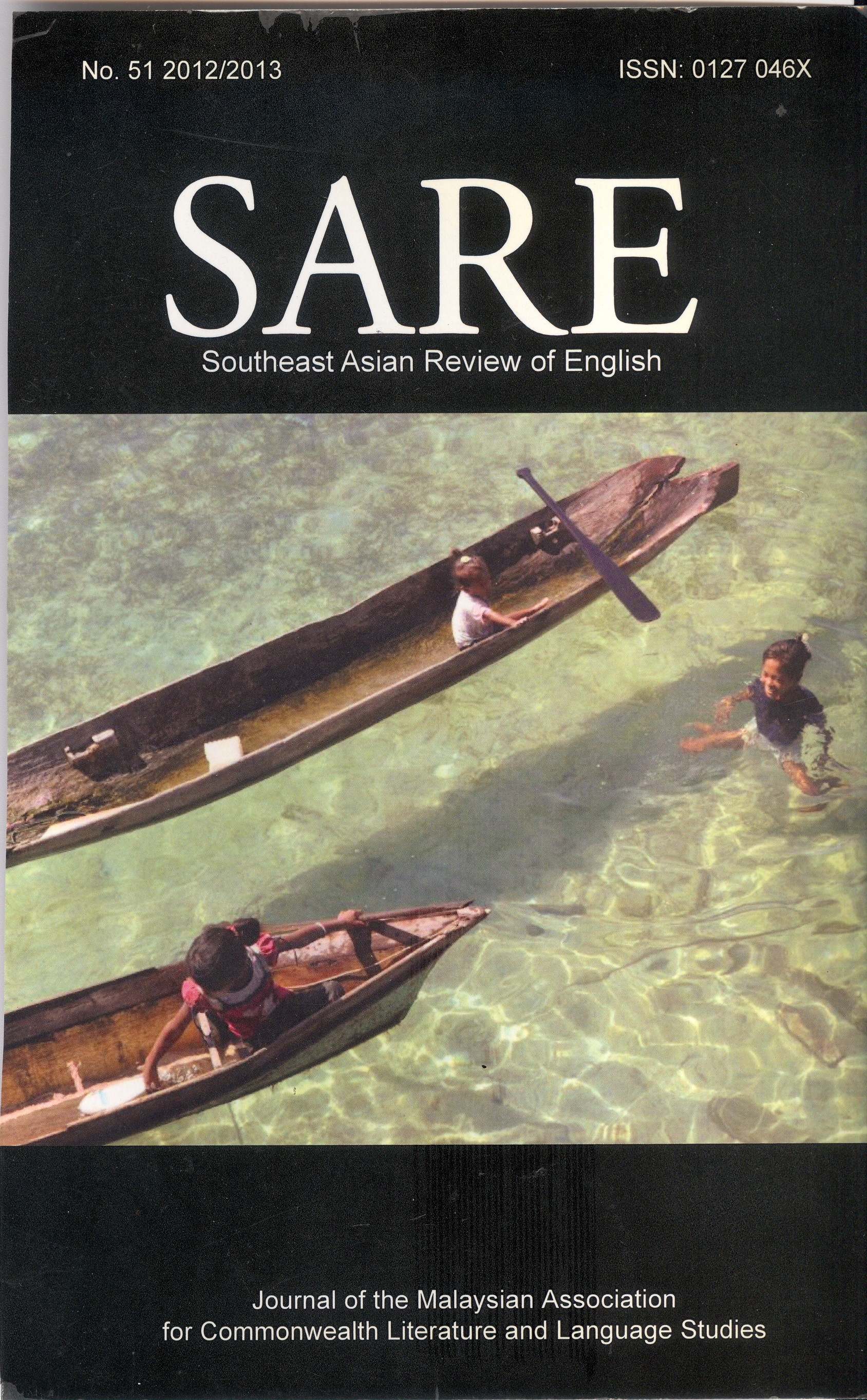The Biafran War and Igbo Women Writers: Deconstructing the Male Discourse of Nationalism
Main Article Content
Abstract
This article will analyse the works of three generations of Igbo women writers, Flora Nwapa, Buchi Emecheta, and Chimamanda Ngozi Adichie, drawing attention to the ways in which they deconstruct the male discourse of nationalism so prevalent in writings on the Biafran war. The fascinating thing about this is that the genocidal violence and famine meted out to the Igbo people - men, women and children - during this war meant that Igbo people had every reason to draw together in a proto-nationalist sense of ethnic destiny. The fact that Igbo women writers looked with a critical eye at all forms of masculinist nation building, whether Igbo or Yoruba or Hausa, suggests that they operated from a position of detachment from the discourse of nationalism itself. This may be why their writings on the war have been overlooked. The war haunts the Nigerian consciousness even today and there appears little room for a detached sense of the futility (and neo-colonialist character) of African nationalism.
Downloads
Article Details
Copyrights of all materials published in SARE are retained by the authors. Authors may republish their work or grant others permission to republish it. We would be grateful if republication is accompanied by an acknowledgment that the work was originally published in SARE.
